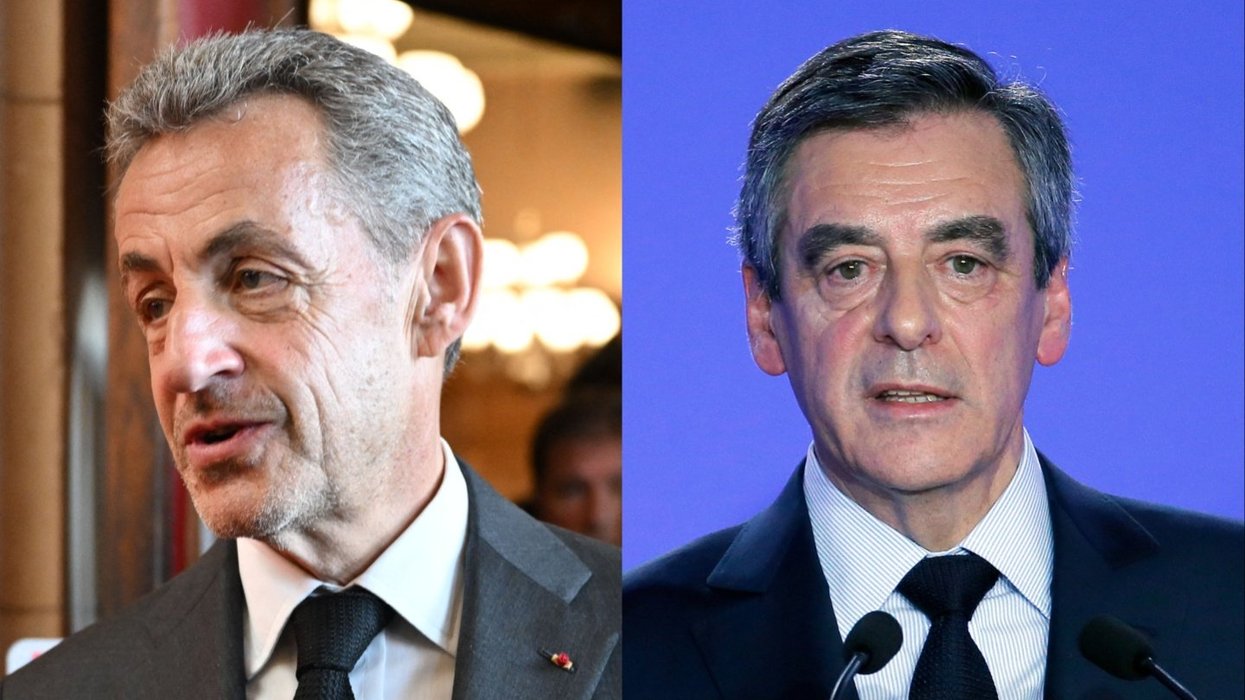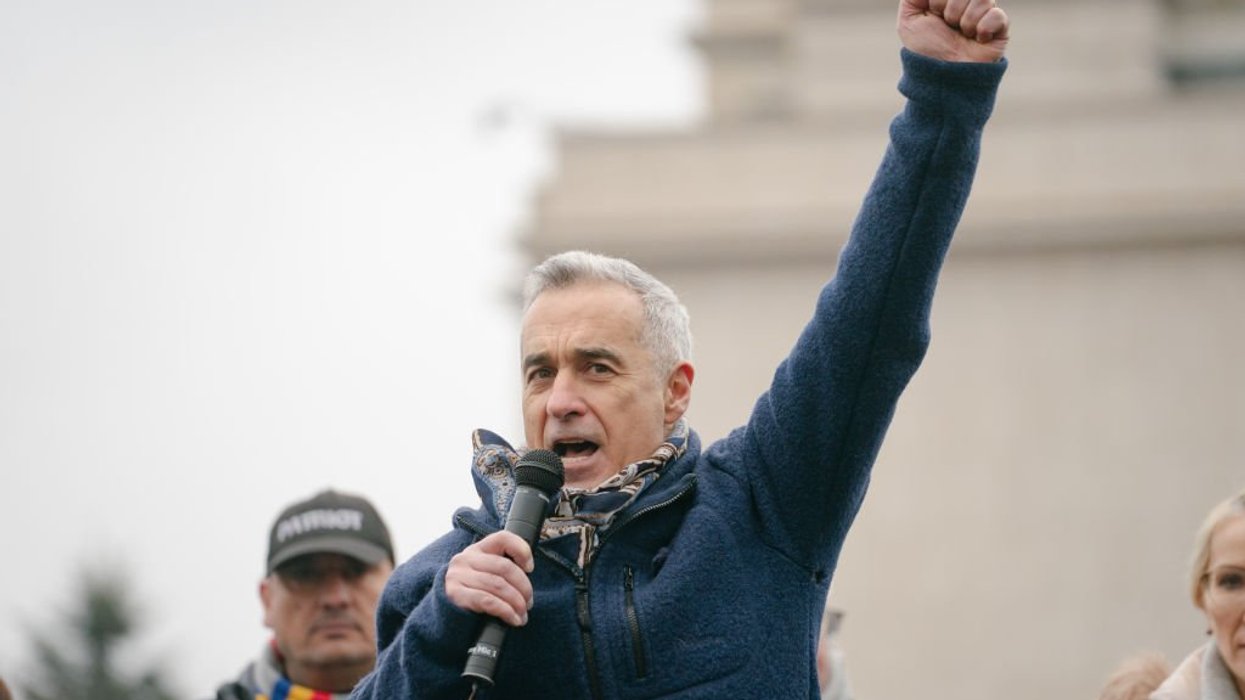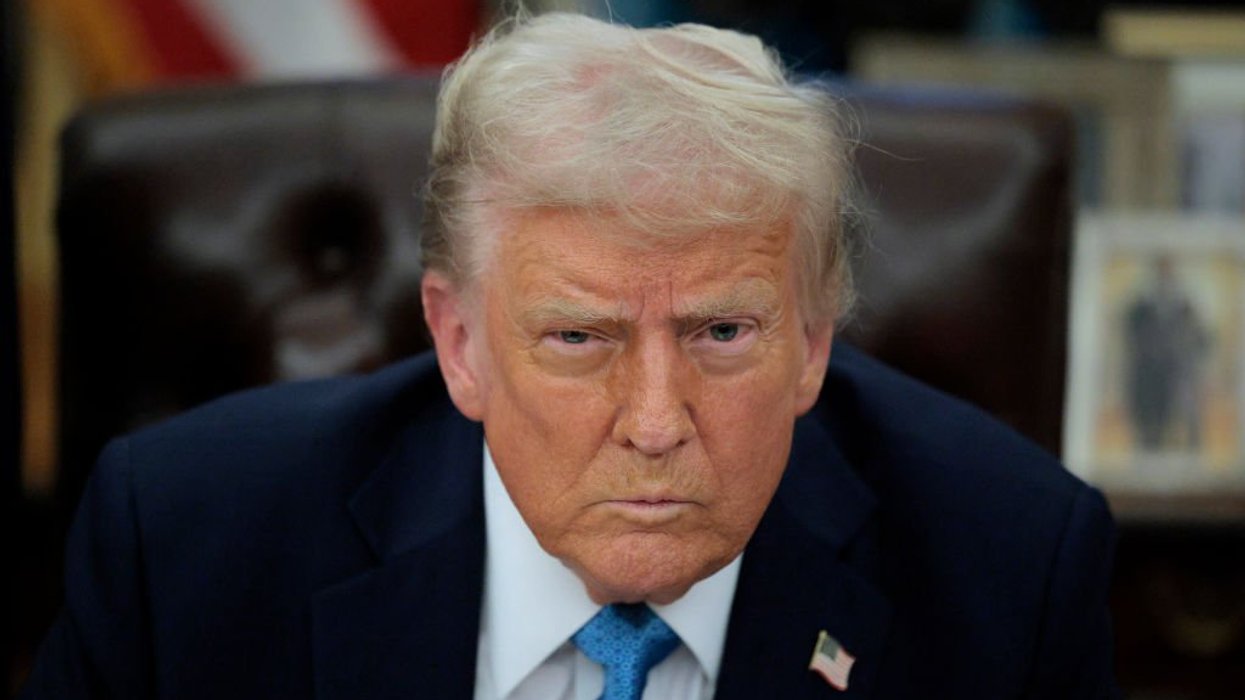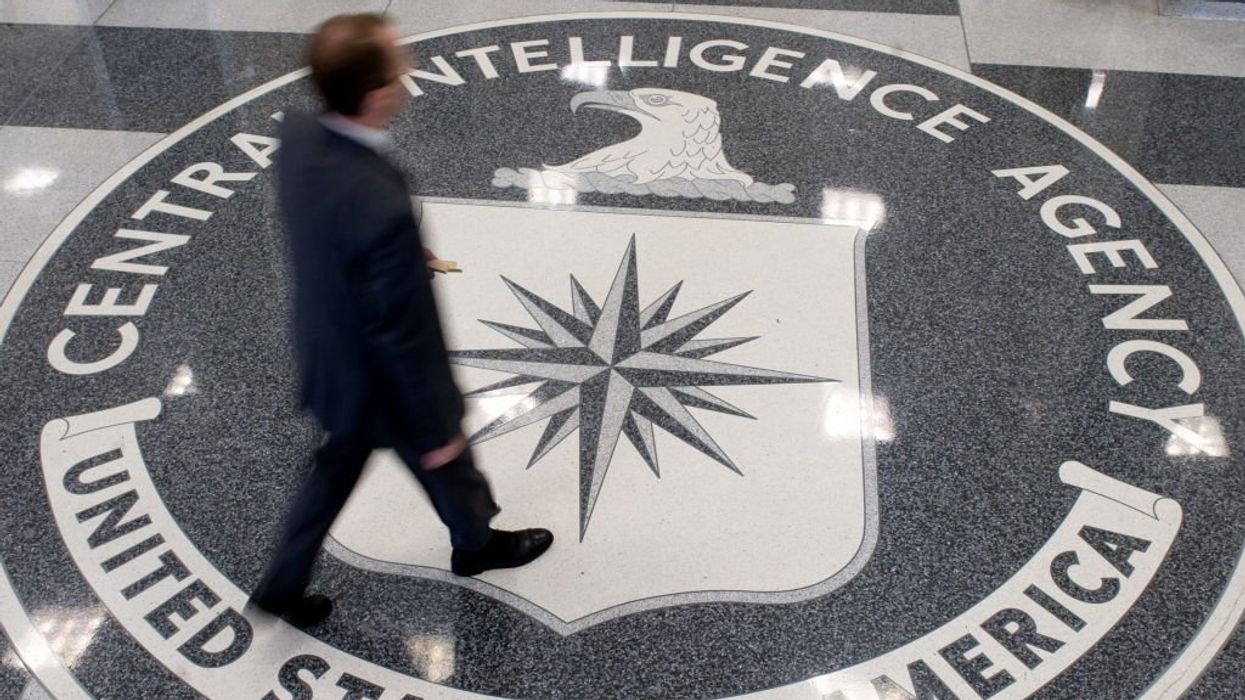The drone issue is getting way out of hand.
Earlier this month, Glenn first reported on the mysterious drones stalking the night sky over New Jersey, but the situation is increasingly concerning as the sightings have escalated. Not only have drones been seen across the Northeast Coast, including over New York City, Maryland, and Pennsylvania, but recently, they have been spotted over the night skies of San Diego and other parts of Southern California.
It doesn't take an expert to identify the potential dangers and risks that dozens of undetectable, unidentified six-foot or larger drones pose to national security. Yet, our government's response has been one of unimaginable incompetence, leaving us to speculate on the origin and intention of these drones and wonder in astonishment at the government's ineptitude. Here are three examples of the government's lackluster response to the mystery drones:
Iranian Mothership and Missing Nuclear Warheads

- / Stringer | Getty Images
After several weeks of hubbub, New Jersey Representative, Jeff Van Drew gave an interview on Fox News where he claimed that the drones originated from an Iranian "mothership" off the East Coast of the United States. This theory has since been disproven by satellite images, which show that all Iranian drone carriers are far from U.S. shores. Another theory suggests that drones may be equipped with sensors capable of detecting nuclear material and that they are looking for a nuclear warhead that recently went missing! With these apocalyptic theories gaining traction in the absence of any real answer from our government, one can't help but question the motive behind the silence.
Pentagon's Limp Wristed Response

Alex Wong / Staff | Getty Images
In a recent press conference, national security spokesman John Kirby responded to reporters demanding answers about the government's lack of transparency, which has caused increasing public anxiety. He insisted that the drones did not pose a threat and were not assets of a foreign power, such as from Iran or China--even though he is still uncertain about their identity and origin. He also claimed that many of the sightings were simply misidentifications of normal aircraft.
This lackluster answer has only further inflamed national anxieties and raised even more questions. If the government is unsure of the identity of the drones, how do they know if they are a threat or if they aren't foreign assets? If they aren't foreign, does that mean they are U.S. assets? If so, why not just say so?
The Pentagon has also stated that they are leaving it up to local law enforcement to spearhead the investigation after concluding that these drones pose no threat to any military installation. This has left many feeling like the federal government has turned a blind eye to a serious issue that many Americans are very concerned about.
Where's Pete Buttigieg?

Chip Somodevilla / Staff | Getty Images
We are in the closing weeks of the Biden administration, and with the finish line in sight, Secretary of Transportation Pete Buttigieg probably figured nothing else could go wrong on his watch—but boy was he wrong. As Secretary of Transportation, Buttigieg is in charge of the FAA, the agency responsible for managing all air traffic across the nation. One would think that mysterious, 6-foot-long, seemingly intractable drones are invisible on radar and flying above major cities would pose a serious threat to the myriad of legal aircraft that traverse our skies. Yet, Buttigieg has been silent on the issue, adding another failure to his resume which includes: malfunctioning airplanes, the train derailment in Ohio, and the Baltimore Key Bridge collapse, just to name a few.











